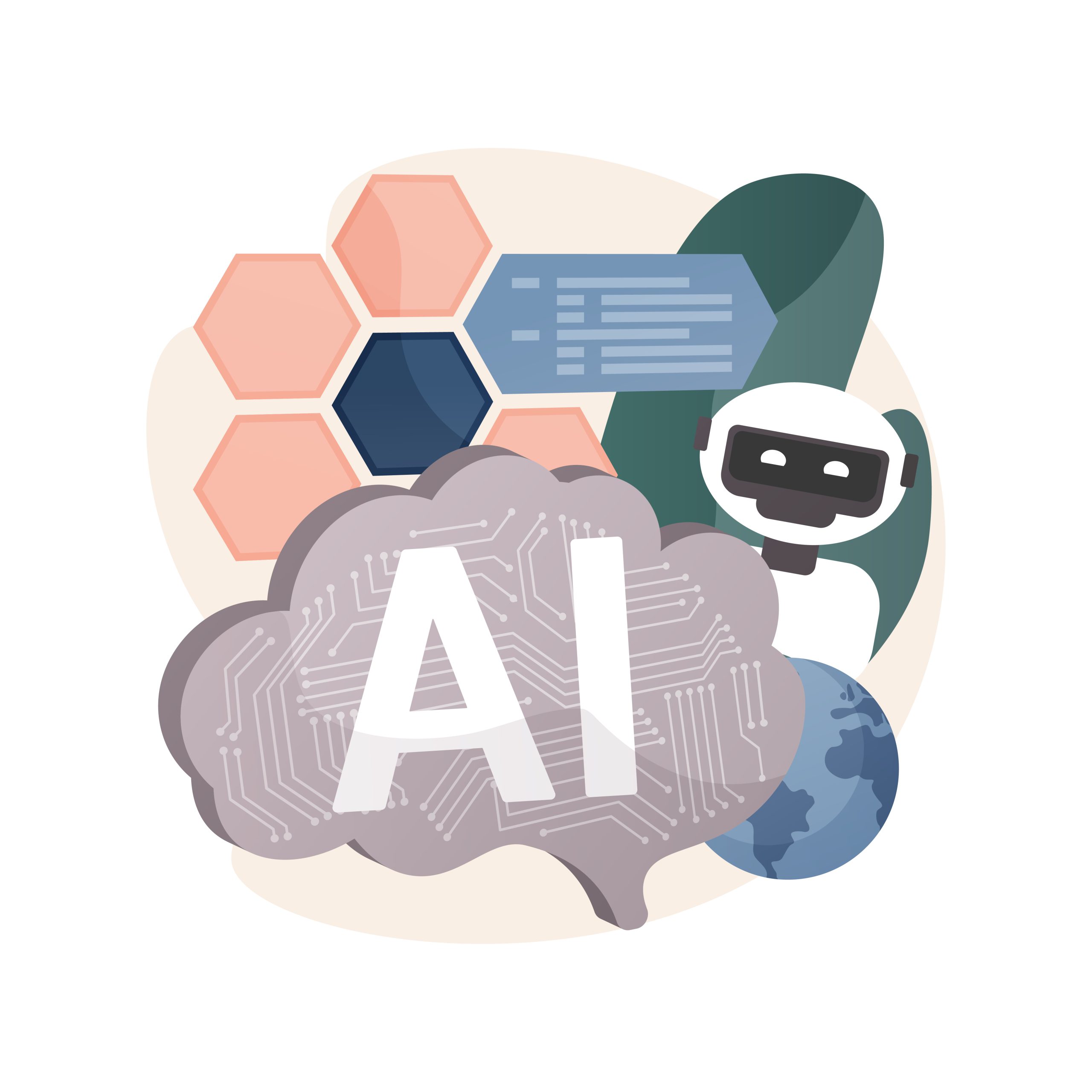Artificial intelligence (AI) is rapidly changing industries ranging from healthcare and banking to transportation and manufacturing. However, with so many different types of AI on the market, it may be tough to keep track of what’s what. In this post, we’ll discuss the various types of AI and its applications, as well as some of the businesses that use AI.
AI classifications
The four basic types of AI are reactive machines, limited memory, theory of mind, and self-aware AI.
The most basic sort of AI is reactive machines, which are meant to respond to certain conditions without the use of memory or context. These machines are frequently used in speech recognition, image recognition, and robotics.
Memory constraints AI is the next level of artificial intelligence, capable of storing data and using it to make decisions. This type of AI is often used in applications such as recommendation systems, fraud detection, and chatbots.
Theoretical Psychology AI is a higher level of artificial intelligence that can comprehend human emotions and intentions. This type of artificial intelligence is used in applications such as virtual assistants, social robots, and self-driving cars.
Self-aware AI, which is capable of consciousness and introspection, is the most complex type of AI. While self-aware AI is still in its early phases, some researchers believe it has the potential to be used in personal assistants, medical diagnostics, and scientific research.
AI Applications of Various Types
AI is being used in a variety of fields, including healthcare, banking, transportation, manufacturing, and customer service.
AI is being used in healthcare to detect diseases, provide personalized treatment plans, and improve patient outcomes. AI-powered imaging gadgets, for example, can spot cancer early on, while virtual assistants can help people manage chronic conditions like diabetes.
AI is being utilized in finance to detect fraud, forecast market trends, and automate financial procedures. AI-powered chatbots, for example, can provide 24/7 customer care, whilst predictive analytics can assist investors in making better educated decisions.
AI is being applied in transportation to produce self-driving automobiles and enhance traffic flow. AI-powered traffic management systems, for example, may optimize traffic lights in real-time to reduce congestion and improve safety.
AI is being utilized in manufacturing to optimize production processes and reduce downtime. Predictive maintenance systems, for example, can detect equipment faults before they occur, whereas quality control systems can detect defects in real time.
AI-powered chatbots are being utilized in customer service to provide 24/7 support and boost client satisfaction. Chatbots, for example, may answer common questions and fix easy issues, allowing human agents to handle more complex concerns.
As we develop AI further, it is critical to be cognizant of both its advantages and threats. The following are some potential advantages and risks of AI:
Benefits
- We can employ AI to help us handle some of the world’s most serious concerns, such as hunger, disease, and climate change.
- AI has the potential to greatly improve our lives by making our employment easier to manage, our transportation more efficient, and our healthcare more individualized, among other things.
- AI can assist us in making better decisions and understanding our surroundings.
Risks
- AI could be utilized to construct self-aware weapons that can murder without the assistance of a human.
- AI might be used to create surveillance technology that can track our every move.
- AI has the capacity to manipulate our thoughts and emotions.
AI is revolutionizing industries ranging from healthcare and banking to transportation and manufacturing. Companies can glean insights that would be difficult or impossible to obtain manually by employing AI to evaluate enormous amounts of data rapidly and reliably. There are, however, concerns concerning the use of AI technology in areas such as privacy, bias, and employment displacement. As AI technology evolves, corporations and policymakers will need to address these challenges and ensure that AI is used responsibly and ethically.
